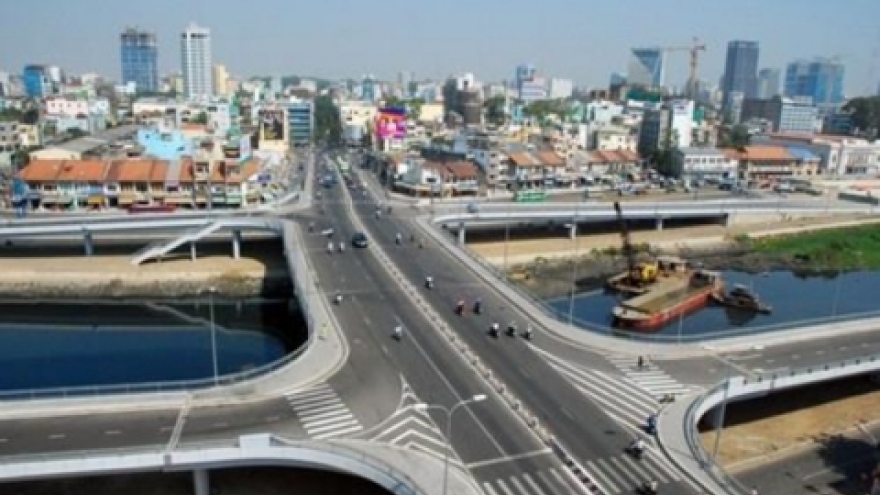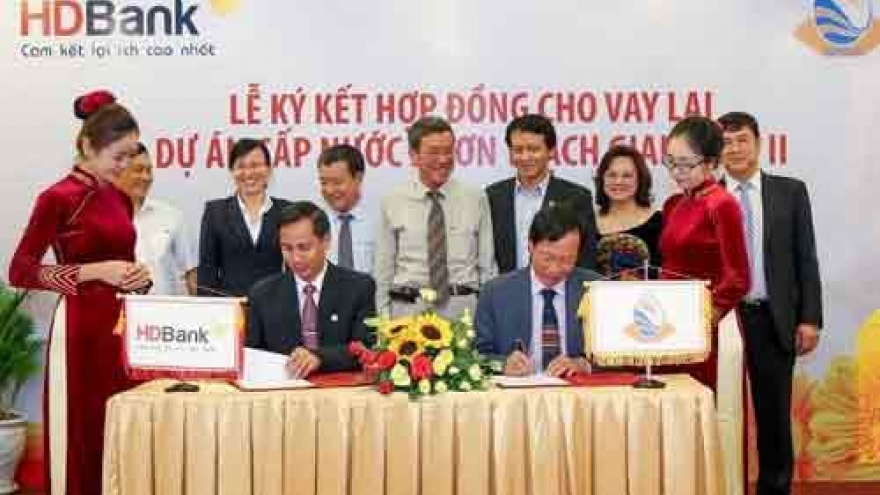Vietnam values Japan’s continued ODA provision
Vietnam appreciates Japan’s commitment to the continued provision of official development assistance (ODA) for Vietnam’s socio-economic development, said Prime Minister Nguyen Xuan Phuc.
 |
Japan affirmed that it will work closely with Vietnam in implementing the US$110-billion credit plan to develop high-quality infrastructure in Asia, as well as the initiative on boosting Japan-Mekong link, he said.
Vietnam called for Japan’s continued support for Vietnam to access preferential loans from international financial organisations, including those from the World Bank’s International Development Association (IDA) after 2017, he added.
PM Phuc extended thanks to his Japanese counterpart for his announcement on an emergency aid worth US$2.5 million for Vietnam to deal with drought and saltwater intrusion and his commitment to working with Vietnam to seek medium and long term solutions to these problems.
He congratulated the Japanese PM and his government on the successful organisation of the G7 Summit and the expanded G7 Summit, saying that the attained outcomes are essential to peace, stability, cooperation and development in the region and in the world.
He also highlighted the host’s initiatives on the stabilisation of the Middle East, health care improvement, and women empowerment.
Japanese PM Shinzo Abe underlined the success of the talks, saying that the two sides have reached major consensus on developing the Vietnam-Japan extensive strategic partnership in a more comprehensive, pragmatic and effective manner in the time ahead.
Vietnam and Japan have agreed to enhance political trust via the regular exchange of visits, meetings and dialogues at all levels, especially the high level, he said.
They discussed measures to promote the connectivity between the two economies and agreed on a number of cooperation contents in the fields of infrastructure, energy and aviation.
PM Nguyen Xuan Phuc also told reporters that during the talks, the two sides agreed to foster cooperation at international and regional forums.
The two PMs shared the concerns of the international community and ASEAN on the East Sea situation in recent time, particularly the large-scale artificial build-up.
They agreed on the importance of ensuring peace, security, safety and freedom of maritime and aviation in the East Sea. The relevant sides are not allowed to take actions changing the status quo or further complicating and expanding disputes and militarising in the sea.
They stressed that disputes should be solved via peaceful measures on the basis of respecting diplomatic and legal procedures, fully observing international law, including the United Nations Convention on the Law of the Sea (UNCLOS) and the Declaration on the Conduct of Parties in the East Sea (DOC) while striving for the early formation of a Code of Conduct (COC) in the East Sea.



